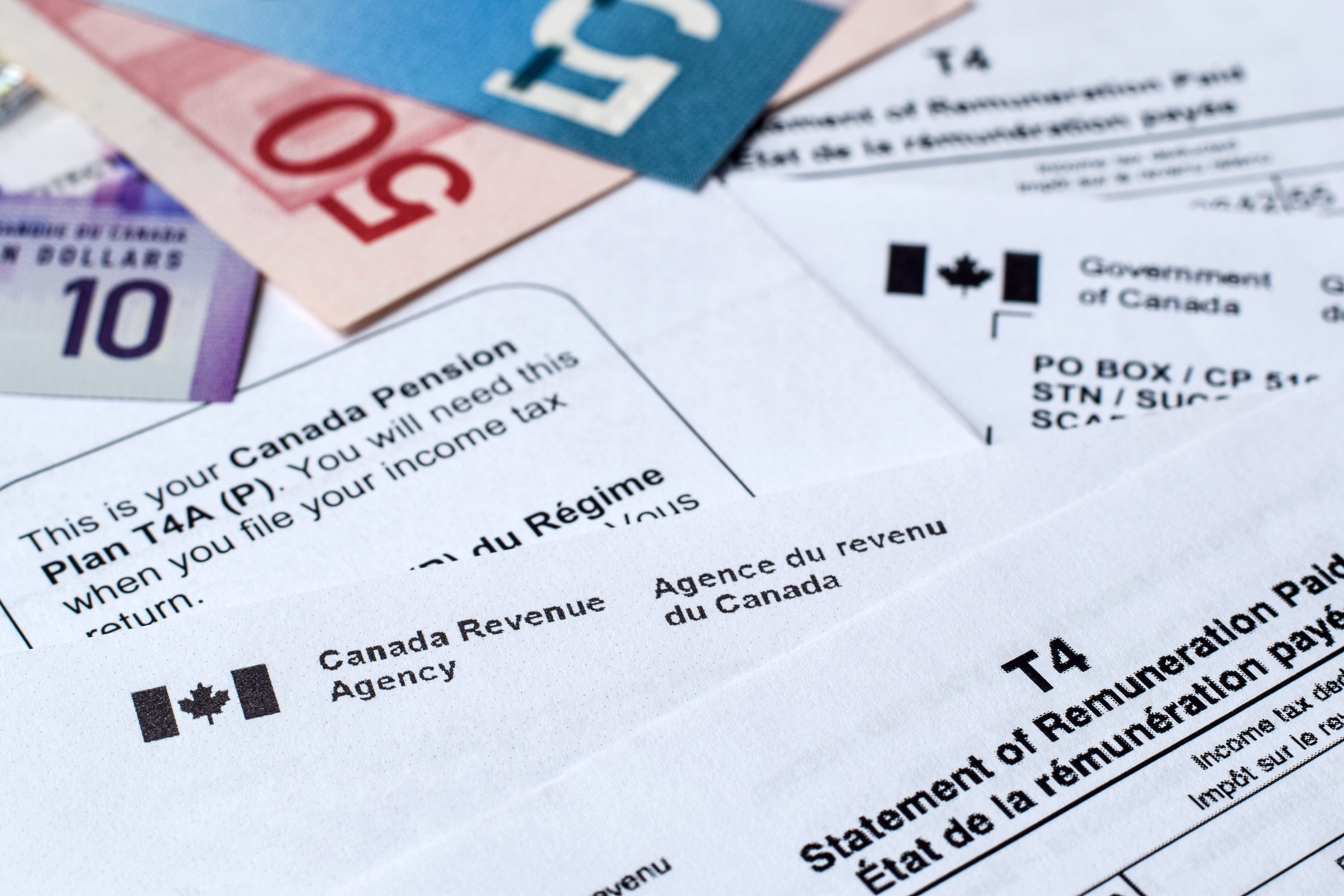Business Succession & Estate Planning
Estate Planning 101
May 12, 2022

There is a common misconception that only the wealthy need to worry about estate planning. But this couldn’t be farther from the truth. Whether you’re old or young, wealthy or middle class, chances are you could benefit from an estate plan.
Not only does it guarantee your beneficiaries receive their promised assets, it also reduces the amount of fees and taxes your estate must pay.
In this blog we’ll be providing an overview of what an estate plan is, why you should prepare one, and how accountants at DiPaola, Di Pietro, & Little Professional Corporation can help.
What is Estate Planning?
Estate planning is the process of arranging for the legal transfer of assets at the event of your death or incapacitation.
Assets include anything from real estate and investments to bank accounts and personal belongings.
An estate plan is tasked with making your life easier at a difficult time. It can help establish a guardian for any dependants and/or set up your inheritances. It’s also important from a tax standpoint as it reduces or eliminates probate fees and defers or reduces your tax liability.
The plan includes a variety of legal documents including a will, trusts, and power of attorney and living will. Though not necessary, it can also include final arrangements, which can include details about your funeral and resting place.
Ultimately establishing an estate plan allows you to feel more confident about your future. Once the plan is done, you can have peace of mind knowing your loved ones and the things you cherished most are taken care of.
The Importance of Estate Planning
Handles the Estate According to Wishes
Even if you feel that you’re not leaving much behind, you should still consider creating an estate plan. If you decide not to bother drafting one, you omit all control over what happens to your estate.
Whether a summer cottage or a prized art piece, without an estate plan, it will be up to the courts to decide what happens to all your assets. This agonizing and costly process is anything but quick, often taking several years to reach a verdict. So do your loved ones a favour and plan for the future.
Gives Beneficiaries a Tax Break
Estate planning is an effective way to reduce probate fees, which stem from the legal process where a will is validated by the courts. Several parts of the estate plan work to mitigate these charges like trusts, life insurance products and joint ownership. These all help avoid probate as the proceeds pass outside of the estate.
Provides a Guardian for Children
For parents with young children, a valid will allows them to identify a guardian in the event that both parents are no longer able to care for them. Without this important part of the estate plan, the choice of who will raise the children falls on the courts.
Protects You in a Situation of Incapacity
Life is unpredictable. It’s good to have your estate sorted in case of an accident or medical emergency.
When you draft up your estate plan, you’ll be required to select a power of attorney. The individual you select is then given the right to make financial or health care decisions for you in the event of incapacity. This ensures that your finances and intentions are effectively managed by someone you trust.
Role of accountant in estate planning
Accountants like the professionals at DiPaola Di Pietro & Little Professional Corporation can help you understand the tax implications of your estate plan. We can help ensure your plan minimizes tax fees and maximizes the portion of your estate passed down to your selected beneficiaries.
It’s never too early to put a plan in place, but it can be too late. Our experienced team of accounting professionals can help ensure your estate plan works for you and the ones you love. To learn more about how we can help you with your estate planning, give us a call at (905) 680-8669 or request an appointment on our website.



